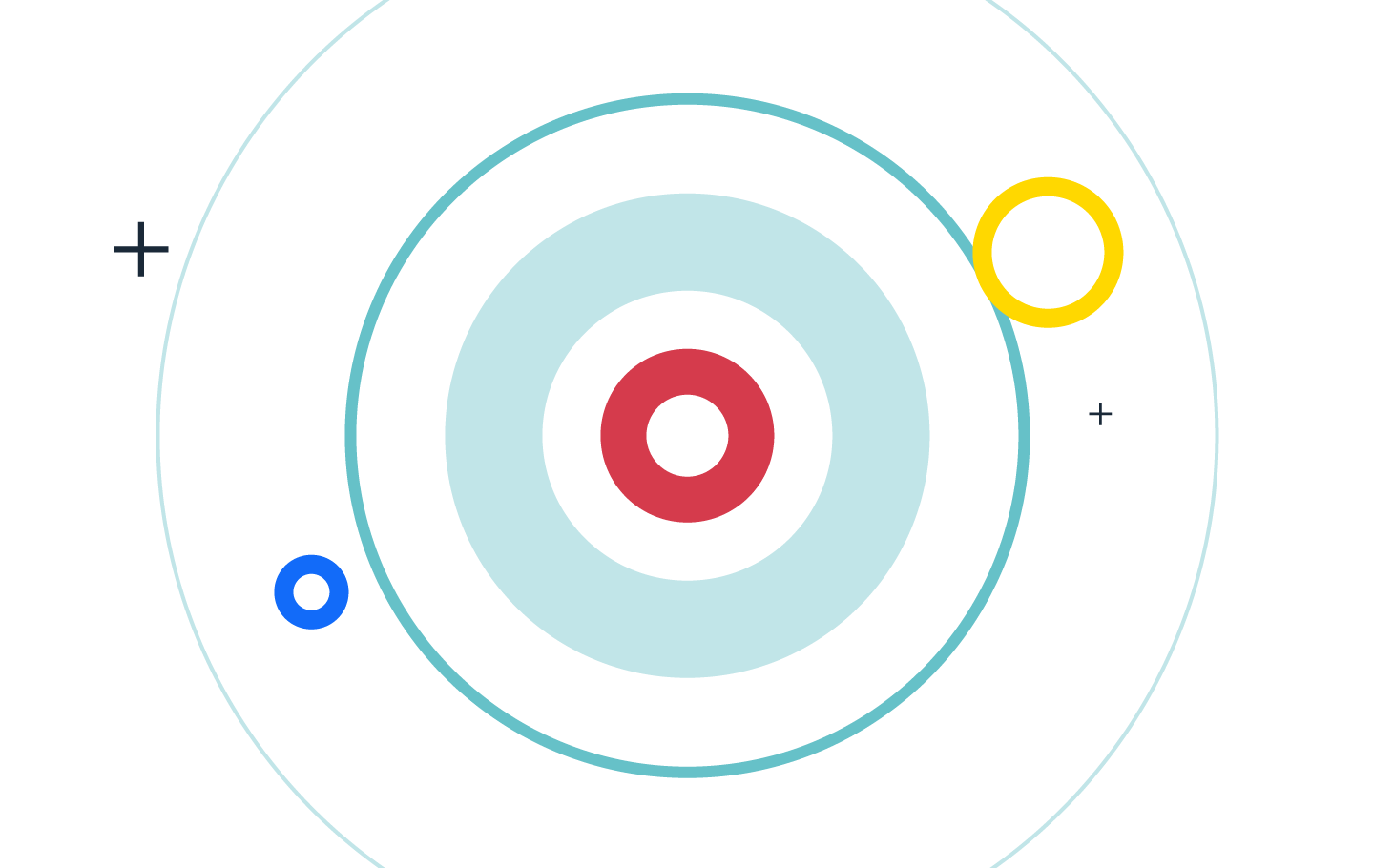Search for ‘contextual ad fails’ online, and you’ll find examples of ad placements based on keywords that should, in theory, work, but within that specific context are unfortunate flops. Think: an ad for a coffee brand appearing next to an advice piece about insomnia. Or a beer ad running alongside news about underage drinking.
Accuracy is definitely improving, but for many advertisers, traditional keyword targeting can vary in quality, be one-dimensional, crowded with brand competitors, and almost impossible to scale. In short, using keyword categories alone can be very limiting when it comes to reaching new audiences.
However, there’s an emerging confidence in new technologies which show brand ads performing well across contextual topics, in all sorts of quality environments. Illuma’s work with contextual-AI, for example, shows as much as 60% of campaign success is happening off-topic.
It makes sense. Think for example, about the last time you booked a flight – what was the reason you were travelling? Was it for a holiday, or was it to see your favourite sports team play an away game? Maybe it was for work, or perhaps for something completely personal and unpredictable.
If you’re an airline or hotel group, it’s sensible to target travel content, but holidays aren’t the only motivator to book; people travel for all sorts of reasons and as such, can respond to advertising in different places online, too.
Brands are increasingly aware of these nuances. In 2022 British Airways ran a campaign called A British Original. Its creative featured the classic ‘business or leisure’ questionnaire that comes up whenever one travels, but it added a third, tongue-and-cheek, option. From ‘because this weather sucks’, to ‘marriage CPR’, and ‘done with £7 pints’ it reminded viewers that there are far more reasons to get away than just ‘business or leisure’.
In a similar vein, in a recent Illuma campaign for a large hotel group, ‘health and fitness’ was one of the best performing categories. More specifically, success came from pages with content covering ‘fitness routines to lose weight’, ‘gut health and probiotics’, and ‘food decisions’.
Similarly, a recent campaign for an automotive brand performed better in content about fine art, events and attractions, news, and politics, than in contexts about cars.
We know it works – but how can you predict (and plan for) this off-topic engagement?
Removing the guesswork
Contextual-AI targeting offers some interesting solutions here.
For example, Illuma uses human-trained AI algorithms to provide a highly accurate understanding of content. Our technology goes one step beyond the consideration of topic, sentiment, and context, and can find almost identical matches to a humanly classified ‘truth source’ across millions of pages or videos.
What’s more, rather than steering towards keywords and themed content alone, contextual-AI optimises campaigns in real-time, expanding on the environments where an ad is generating the most engagements, irrespective of topic, and finding new audiences in similar ‘unexpected’ places. This offers brands a privacy-friendly way of reaching consumers wherever they are engaging with quality content, while protecting brand safety and avoiding wastage.
Driven by engagements and attention metrics in this way, rather than by topic keywords, campaigns can expand into almost endless quality contexts and are unlikely to run out of road.
Complement your audience pre-planning
Planners are well-advised to continue pre-planning using audience insights from past campaigns, competitor intel, and brand guidelines, however, these are often just starting points. Brands relying on keywords alone will only ever reach their ‘expected’ audiences and miss out on so many ‘unexpected’ opportunities.
Illuma’s approach offers a privacy-friendly way of understanding live audience behaviour, using their interests and contextual consumption habits. It’s a great method to both identify the topics that are resonating with the audience and leverage this insight live and in-campaign to find even more campaign performance, at scale.
So, the next time you’re planning a campaign, for a travel brand or any other, think beyond keywords and factor in ways to reach new audiences across topics, wherever they are most likely to engage.
Planners are well-advised to continue pre-planning using audience insights from past campaigns, competitor intel, and brand guidelines, however, these are often just starting points. Brands relying on keywords alone will only ever reach their ‘expected’ audiences and miss out on so many ‘unexpected’ opportunities.Illuma’s approach offers a privacy-friendly way of understanding live audience behaviour, using their interests and contextual consumption habits. It’s a great method to both identify the topics that are resonating with the audience and leverage this insight live and in-campaign to find even more campaign performance, at scale.
So, the next time you’re planning a campaign, for a travel brand or any other, think beyond keywords and factor in ways to reach new audiences across topics, wherever they are most likely to engage.
To learn more about Illuma’s AI-powered contextual solutions, click here.
